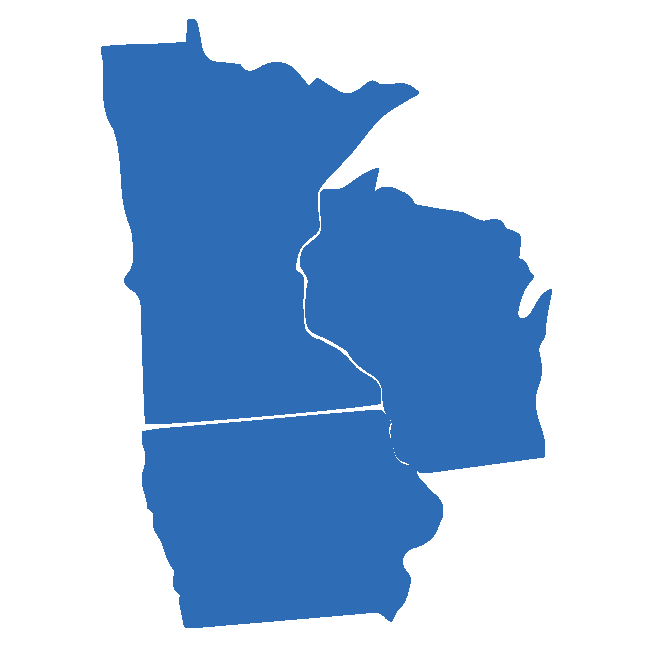Our Minnesota 18-wheeler accident lawyer knows that accidents involving commercial trucks can be overwhelming, no matter where they happen, but crashes in rural Minnesota counties often come with added challenges. You may be far from major hospitals, law enforcement response may take longer, and evidence can be harder to gather. Knowing what steps to take after being hit by a commercial truck in a rural area can protect your health and your right to seek compensation. We have over 40 years of legal experience, so reach out when you are ready for help.
Get Medical Care Immediately
Your first priority after a truck accident should be your health. Even if you believe your injuries are minor, it’s important to get checked by a medical professional. In rural counties, the closest medical center may be miles away, but calling 911 and requesting emergency care is still the best first step. Some injuries, such as internal bleeding or concussions, may not show immediate symptoms but can become serious if untreated.
Report The Accident
Contact local law enforcement right away. A sheriff’s department or state patrol officer may respond, depending on the location. Their accident report will be a key document if you decide to pursue a claim. Be honest and clear when providing your statement, but avoid speculating about fault. The official report will also help establish where and when the crash occurred, which is critical in rural areas where witnesses may be limited.
Collect Evidence At The Scene
If it is safe to do so, take photos of the accident scene, vehicle damage, and any visible injuries. Documenting skid marks, road conditions, or debris can be useful later. If there are witnesses, ask for their contact information. In rural counties, it may be more difficult to find bystanders, which makes the evidence you collect even more valuable.
Exchange Information With The Driver
Ask the truck driver for their name, license number, employer, and insurance details. Commercial trucking accidents often involve not only the driver but also the trucking company or other parties. Having this information helps establish the chain of responsibility and allows for follow-up once a claim is started.
Preserve Medical And Repair Records
Keep copies of all medical bills, treatment notes, and repair estimates. These records help connect your injuries and expenses directly to the accident. In rural cases, where delays in treatment or transportation may be questioned, keeping a detailed record becomes especially important.
Consider Company Responsibility
Commercial truck drivers are often on strict schedules, and companies may pressure them to cover long distances quickly. This can lead to fatigue, speeding, or hours-of-service violations. If a trucking company played a role in causing your accident, they may be held accountable for their negligence in addition to the driver. Looking at both the driver and company practices gives you a clearer picture of who may be liable.
Why Legal Guidance Can Help
Truck accidents can be more complicated than other collisions, especially when they involve commercial vehicles in rural areas. Our team at Johnston | Martineau PLLP can review your case, gather evidence, and help pursue claims against responsible parties. Having someone focused on your case allows you to concentrate on healing. If you were injured in a truck accident in a rural Minnesota county, it’s important to act quickly. Evidence can disappear, memories can fade, and deadlines for filing a claim are strict. Contact us today for a free consultation to talk about your situation and learn how we can help you pursue fair compensation.





